On November 7, 1867, Marie Salomea Skłodowska was born in Warsaw, Poland (then a part of the Russian Empire). But the world knows her as Marie Curie, the name she took after marrying French scientist Pierre Curie in 1895. Though the Curies were both exceptional scientists, it is Marie who is best remembered today, and not just for her remarkable discoveries. She is also warmly regarded for the way that she opened doors for women as inventors and researchers.
A love for science
Marie was a brilliant woman with a fascination with science. Her passions led her to move to Paris, France in 1891 so that she could attend the university of Paris. She met Pierre there. The two fell in love and were eventually married. And at the heart of their connection was a love for the laboratory. The pair worked together constantly, eventually winning a Nobel Prize in Physics in 1903 for their work on how radiation functioned in atoms (Marie was the first woman to win a Nobel Prize). Their discoveries became important to everything from X-rays to nuclear power and understanding how stars burn. It was an entirely new way of thinking about energy and how matter works. In other words, groundbreaking stuff.
The Curies continued to study and experiment together, until Pierre was killed in a road accident in 1906. Marie missed her husband and lab partner very much. But she continued to work even harder. By 1911, she was awarded a second Nobel Prize, this time in chemistry. She was the first person to win a Nobel Prize twice. This time, she had discovered two new elements, polonium and radium (polonium was named for her homeland, Poland). These elements, especially radium, brought even more advances in the understanding of how radioactivity works. (In fact, the word "radioactivity" was thought up by the Curies.) Curie and her work were still ahead of their time.
A humble, incredible life
Marie Curie was a famous person of great achievements. But she still endured many roadblocks in her lifetime. Several institutions, such as the University of Krakow, initially refused to recognize her as being equal to a man as a scientist. And even after she became a Nobel Prize winner, many French people criticized and ridiculed her for no other reason than she wasn't born in France.
But none of these things stopped her from living a humble, giving life. She and Pierre were known for giving away prize money and scholarships so that other scientists could benefit from them. She also refused to patent (or protect from copying) her work on radium, which is highly unusual. Why? She just wanted to make sure that other scientists could build upon her research freely.
Give it a read-ium!
If you want to learn more about this true pioneer of science and women's rights, we have a recommendation for you. Marie Curie for Kids is a brand new book about Curie's amazing life, plus experiments and activities that you can try.
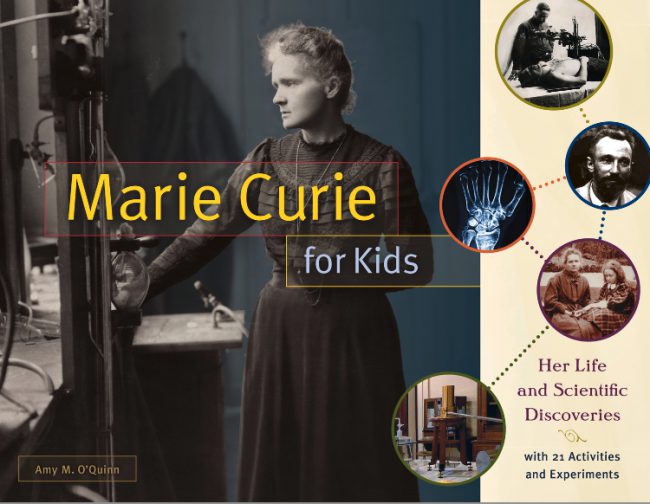
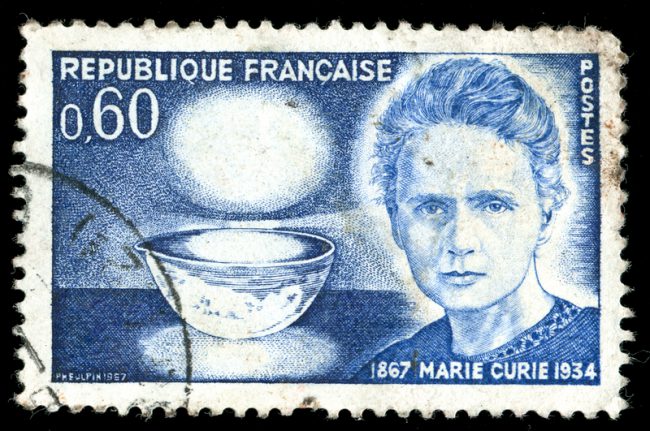 Marie Curie's image is found on stamps and monuments around the world, especially in Poland and France. (© Fotomy | Dreamstime.com)
Marie Curie's image is found on stamps and monuments around the world, especially in Poland and France. (© Fotomy | Dreamstime.com)
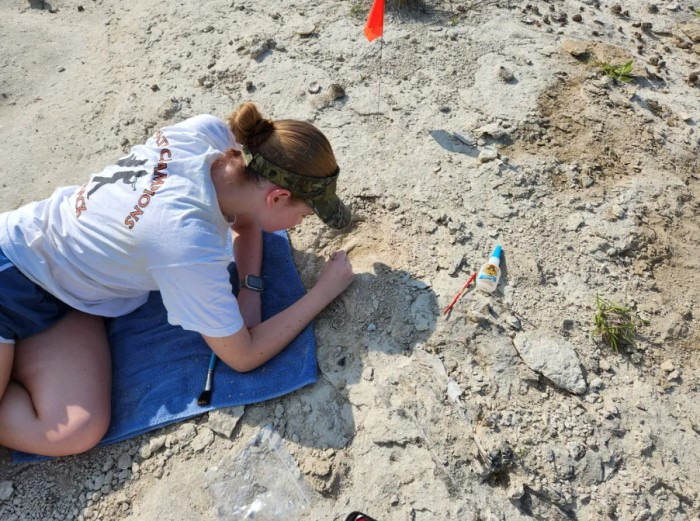

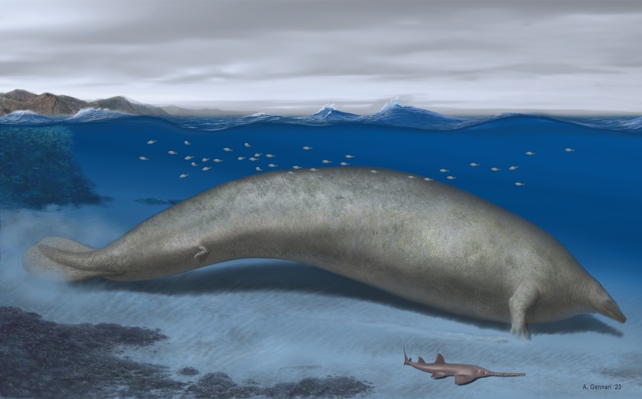
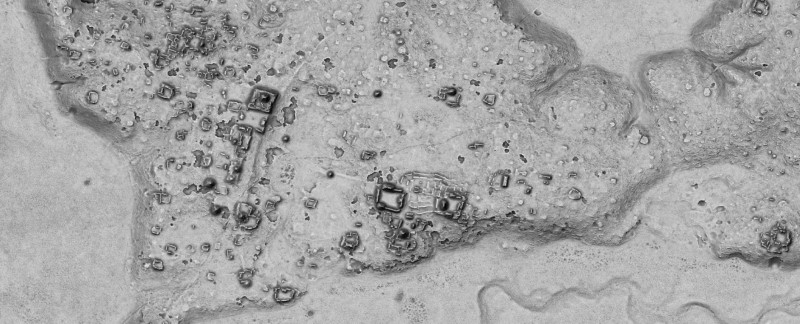

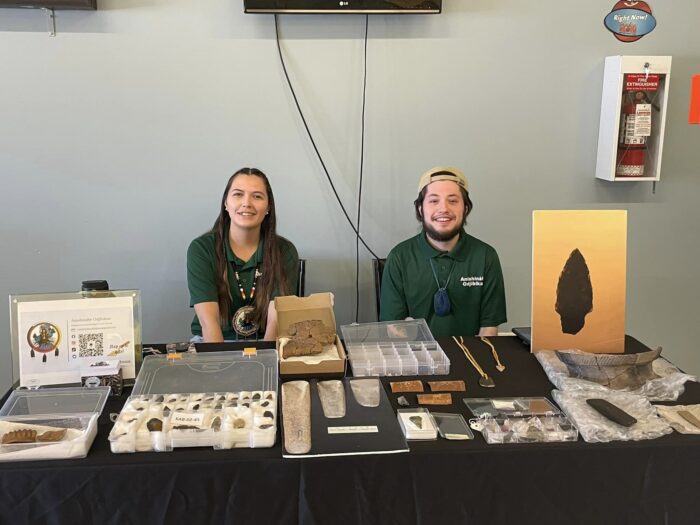


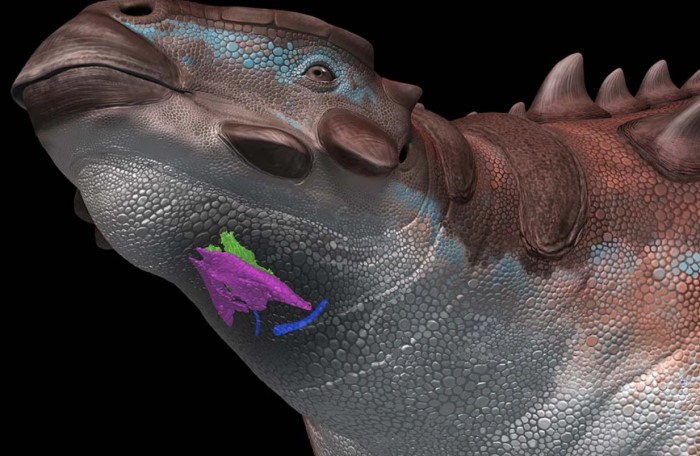
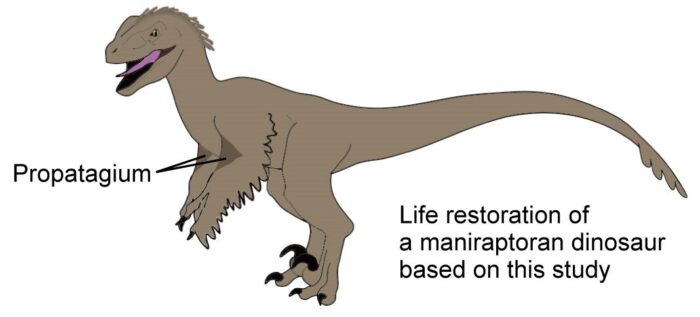
I think it was very entertaining and interesting.I loved it a lot !!!!!!!!!!!!!!!!!!!!!!!!!!!!!!!!!!!!!!
🙂 😉 😆 😎 🙂